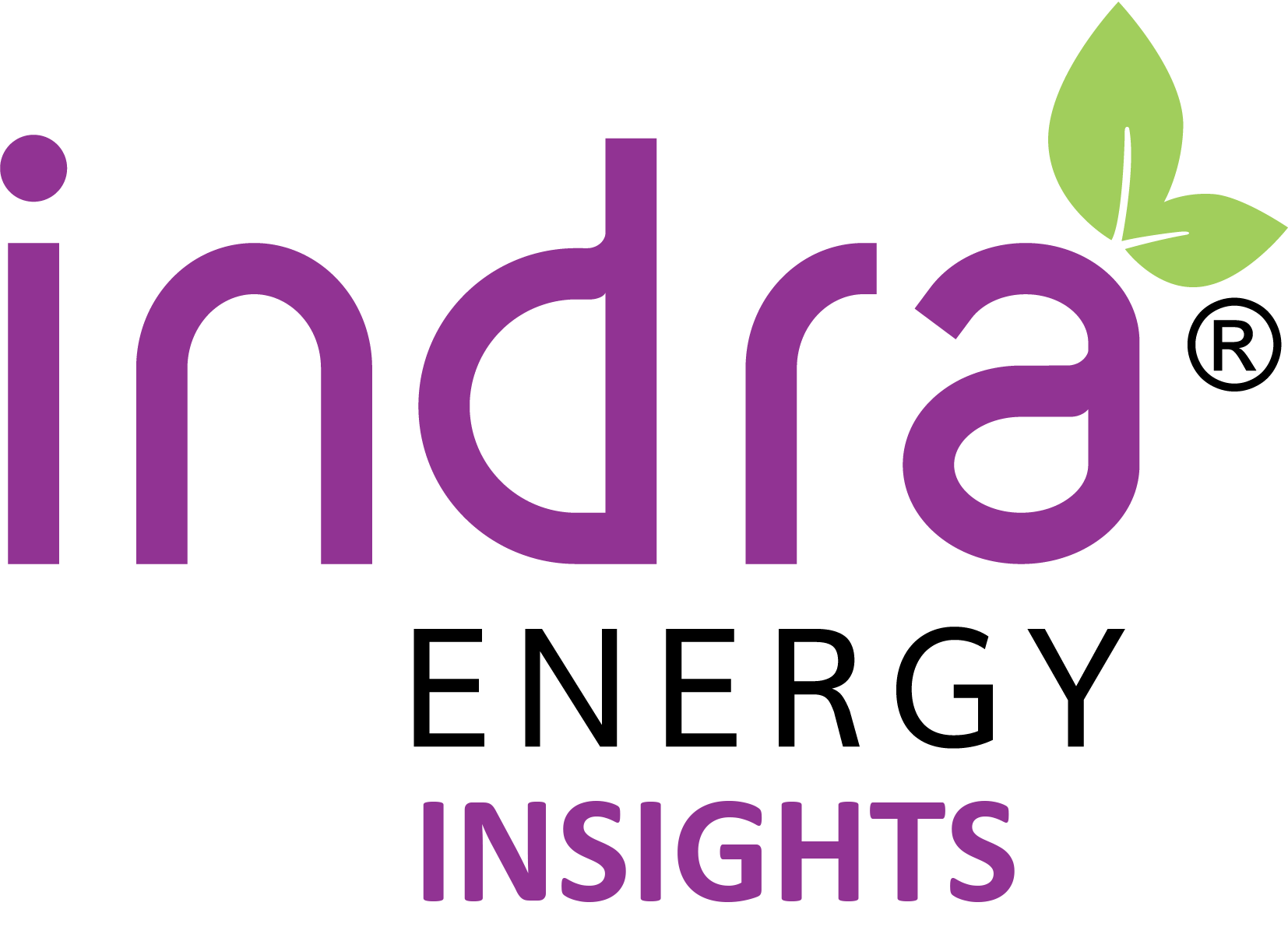Renewable energy is perhaps the single most critical and talked about topic in the world today. For over the last 170 years, energy for our vehicles, businesses, and homes have come almost exclusively from fossil fuels.[1] These same fuels have been driving climate change and polluting our air in increasing amounts over the last century.[2] Today, witnessing the effect these fuels are having on the environment around us, many are starting to make the changes required to halt and even reverse its impact.
Renewable energy sources are playing the single largest role in reducing our dependence on fossil fuels and reducing the environmental impact of energy production.[3] As an energy source, however, renewables are typically dependent on climate conditions outside of our control. With conditions as they are, can we depend on renewable power as a reliable source of energy forever?
Today’s Energy Sources
In 2018, 11% of the energy produced in the United States was generated from renewable sources: a mixture primarily made up of hydroelectric, biofuels, wood, wind, and solar. This compared to 80% generated from petroleum, natural gas, and coal.[4]
Clearly, there is more that can be done to increase our use of renewable energy, but how much more of the energy we use can be supplied from renewable sources?
The World Wildlife Fund published a report in 2011 that detailed our future capacity for generating and supplying renewable energy. The report concluded that on technical grounds alone, it would be feasible to supply the planet with a remarkable 95% of its energy requirements from renewable sources.[5]
Renewable Benefits
These goals are not easy to achieve, as meeting such goals would call for concentrated efforts on multiple fronts. Decreasing reliance on fossil fuels require us to both generate more power from renewable resources and reduce our energy demands. As energy optimists, we here at Indra Energy would like to believe these efforts are achievable.
Reaching these goals would require us to use 15% less energy through smarter conservation and improved efficiency. Initiatives such as energy-saving bulbs, better home insulation, and smart devices that conserve power go a long way to decreasing our energy demand.
While it may be challenging to generate more power from renewable sources and increase energy efficiency, the benefits derived from switching to renewable energy sources are tremendous. The worldwide economic savings alone account for almost $5.4 trillion.[6]
Choosing Sustainable Sources
The environmental and economic benefits of renewable energy are clear but work still needs to be done to reach them. Increasing our use of renewable resources, reducing our carbon footprint, and meeting our long-term energy management goals are all critical steps we can all play a role in achieving.
Choosing businesses with green, eco-friendly credentials is a giant first step towards being an environmentally conscious consumer. As is choosing an energy supplier that delivers power through renewable and sustainable sources.
In deregulated energy markets, consumers have the freedom to choose an energy provider who focuses on delivering their services using renewable, sustainable sources. This enables businesses to reduce their carbon footprint and make environmentally sound choices for the future by adding renewable energy into their supply chain.
[1] U.S. energy facts explained. (2019, August 28). Retrieved April 17, 2020, from https://www.eia.gov/energyexplained/us-energy-facts/
[2] Energy and the environment explained. (2019, October 4). Retrieved April 17, 2020, from https://www.eia.gov/energyexplained/energy-and-the-environment/greenhouse-gases-and-the-climate.php
[3] TODAY IN ENERGY. (n.d.). Retrieved April 17, 2020, from https://www.eia.gov/todayinenergy/detail.php?id=26912
[4] U.S. energy facts explained. (2019, August 28). Retrieved April 17, 2020, from https://www.eia.gov/energyexplained/us-energy-facts/
[5] Id.
[6] U.S. energy facts explained. (2019, August 28). Retrieved April 17, 2020, from https://www.eia.gov/energyexplained/us-energy-facts/














